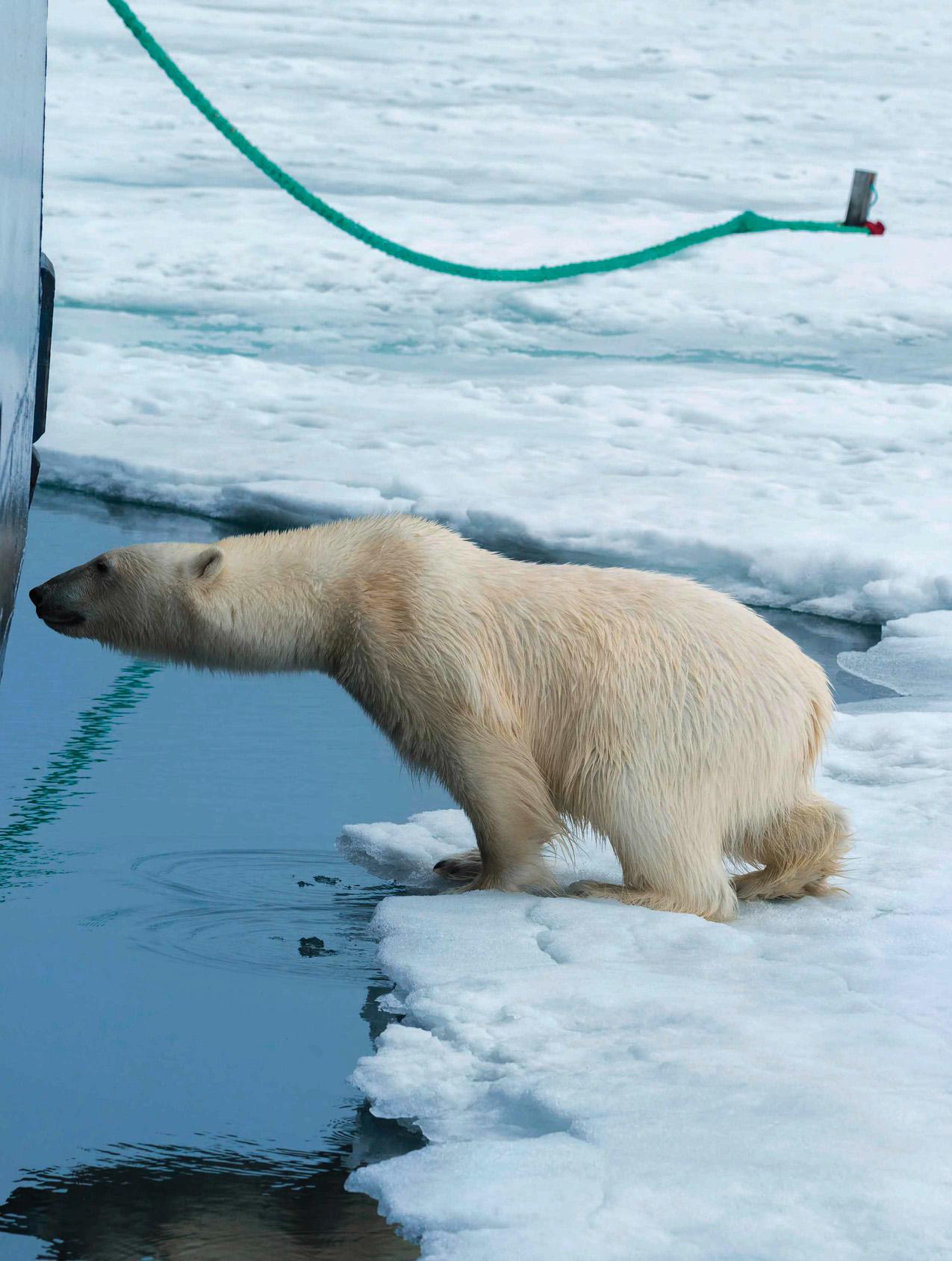
THE NORWEGIAN GOVERNMENT is introducing far-reaching changes to the regulations for polar bear watching. No one will be able to approach closer than 300m between 1st July and 28th February and 500m from 1st March to 30th June. If a bear swims or walks towards a ship, even if it is anchored, the ship will have to move away.
Furthermore, Zodiac inflatable boats won’t be allowed to get any closer than 150m from walrus haulouts, or 500m from seabird cliffs. And there will be a significant reduction in landing sites, from around 240 to just 43 (inevitably causing a far greater impact on these few sites) with a weirdly arbitrary limit of 39 people allowed ashore at 13 sites and 200 at all the others (still far too many in my opinion).
Denne historien er fra November 2024-utgaven av BBC Wildlife.
Start din 7-dagers gratis prøveperiode på Magzter GOLD for å få tilgang til tusenvis av utvalgte premiumhistorier og 9000+ magasiner og aviser.
Allerede abonnent ? Logg på
Denne historien er fra November 2024-utgaven av BBC Wildlife.
Start din 7-dagers gratis prøveperiode på Magzter GOLD for å få tilgang til tusenvis av utvalgte premiumhistorier og 9000+ magasiner og aviser.
Allerede abonnent? Logg på

SNAP-CHAT
Justin Gilligan on giant spider crabs and holding hands with an octopus

STEPPE CHANGE
Herds of saiga have returned to Kazakhstan, but there's a fine balance to tread

TREES FOR LIFE
Community is at the heart of conservation in the tropical forests of southern Belize

WHEN DOVES CRY
Turtle doves are now the UK's fastest declining bird species, but the RSPB is on a mission to save them

SURVIVAL OF THE CUTEST
We can't help being drawn to cute creatures, but our aesthetic preferences both help and hinder conservation

LIGHT ON THE NORTH
Spectacular images of Arctic foxes, reindeer and musk oxen reveal the wild beauty and diversity of Scandinavia

ROLLING IN THE DEEP
The super-sized crustacean that lives in the deepest, darkest ocean

LET'S GET TOGETHER
Clay licks deep in the Amazon explode in a riot of colour, with macaws the stars of the show

FEMALE OF THE SPECIES
To sponge or not to sponge? That is the question for the bottlenose dolphins (Tursiops aduncus) living in Shark Bay, Western Australia.

7 nature encounters for the month ahead
WITH NATURALIST AND AUTHOR BEN HOARE